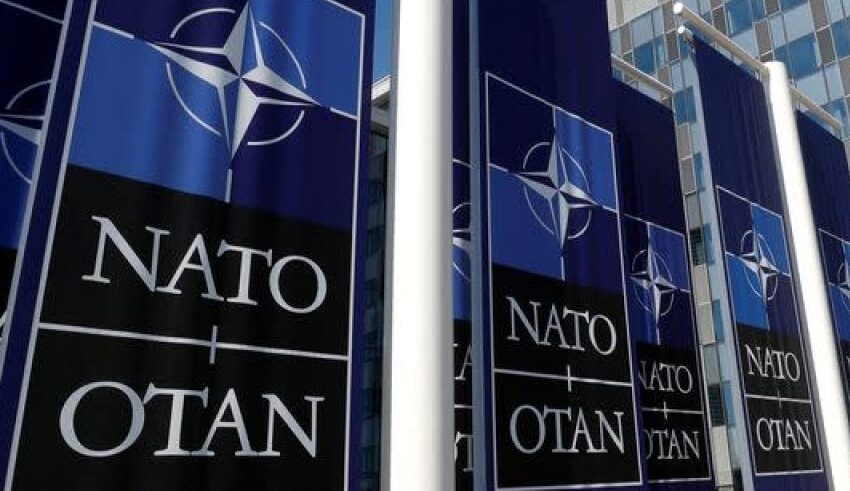
China has made it clear that it does not welcome NATO’s proposal to establish a Japan office in the Asia-Pacific region, emphasizing its disapproval of such a move. This development highlights the complex geopolitical landscape and differing perspectives between China and NATO member countries.
NATO’s plan to open a Japan office aims to strengthen its presence and engagement in the Asia-Pacific region. It is seen as part of NATO’s broader strategy to address security challenges beyond its traditional area of operation. However, China perceives this move as an encroachment on its sphere of influence and as a potential threat to its regional interests.
The objections from China reflect the underlying tensions and competition for influence in the Asia-Pacific region. China has been increasingly assertive in pursuing its geopolitical and economic goals, leading to concerns among some nations about its intentions and actions. The presence of NATO, a military alliance, in the region is viewed by China as a potential source of instability and interference.
Keep Reading
Moreover, the disapproval from China also underscores the differing perspectives on security arrangements and regional cooperation. While NATO sees its presence as a means to promote stability and address shared security concerns, China perceives it as a challenge to its regional aspirations and a reinforcement of the existing security architecture dominated by Western powers.
The dynamics in the Asia-Pacific region have become more complex in recent years, with competing interests, territorial disputes, and strategic rivalries. The presence of major powers like China, the United States, and regional actors further complicates the situation. The differing perspectives on regional security arrangements contribute to the ongoing complexities and challenges in the region.
Finding a balance between the interests and concerns of all parties involved is essential for promoting stability and cooperation. Open dialogue and diplomatic engagement are crucial to addressing the underlying tensions and fostering an environment of trust and mutual understanding.
While China’s disapproval of NATO’s plan for a Japan office presents challenges, it also underscores the importance of ongoing diplomatic efforts to build bridges and promote dialogue. Constructive engagement and multilateral cooperation can help navigate the complexities of the region and address shared security concerns in a manner that respects the interests and aspirations of all nations involved.
The complex dynamics and competition for influence require diplomatic efforts to build understanding and promote stability. Engaging in open dialogue and finding common ground is crucial for addressing the challenges and fostering cooperation in the Asia-Pacific.



























